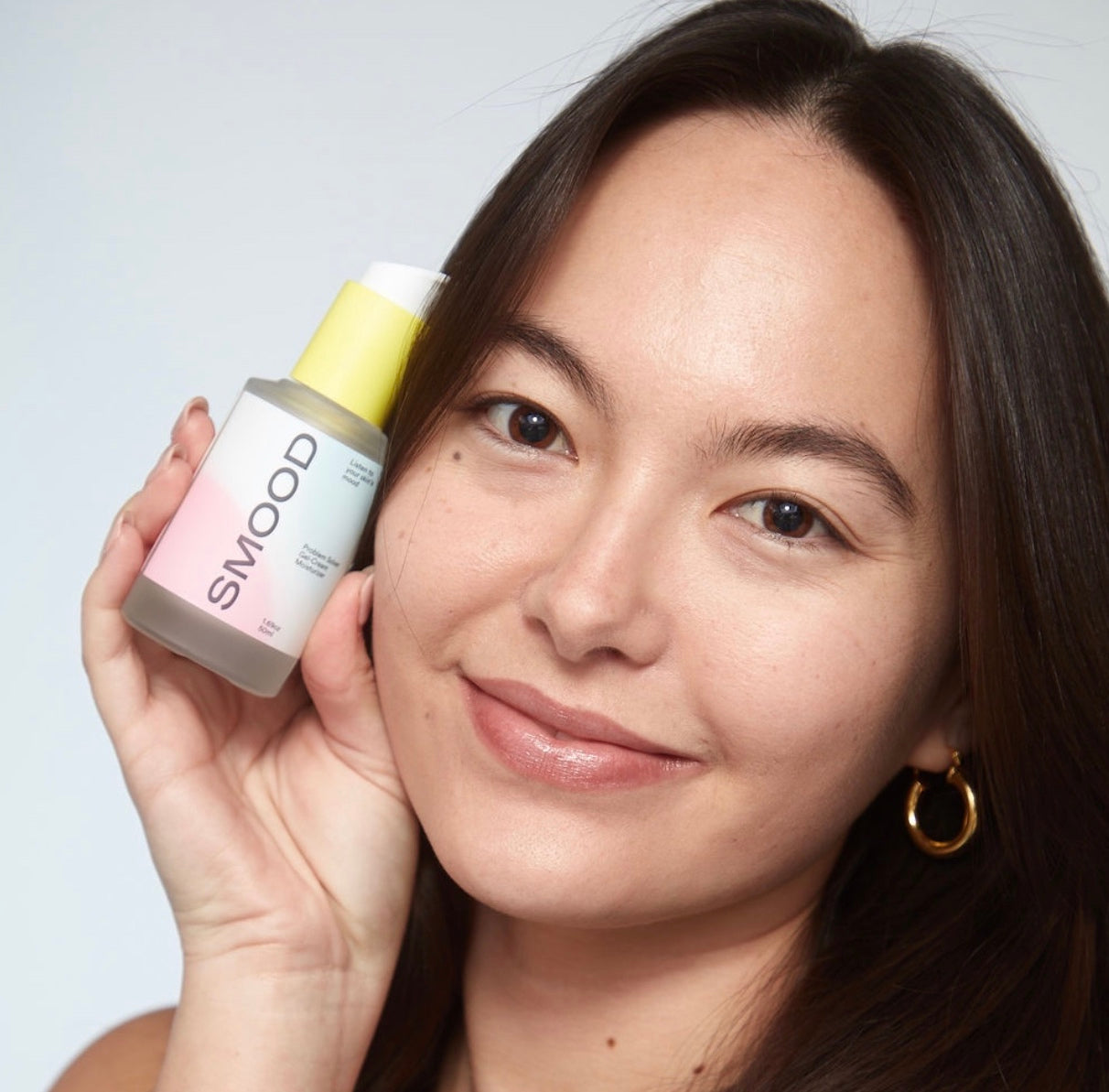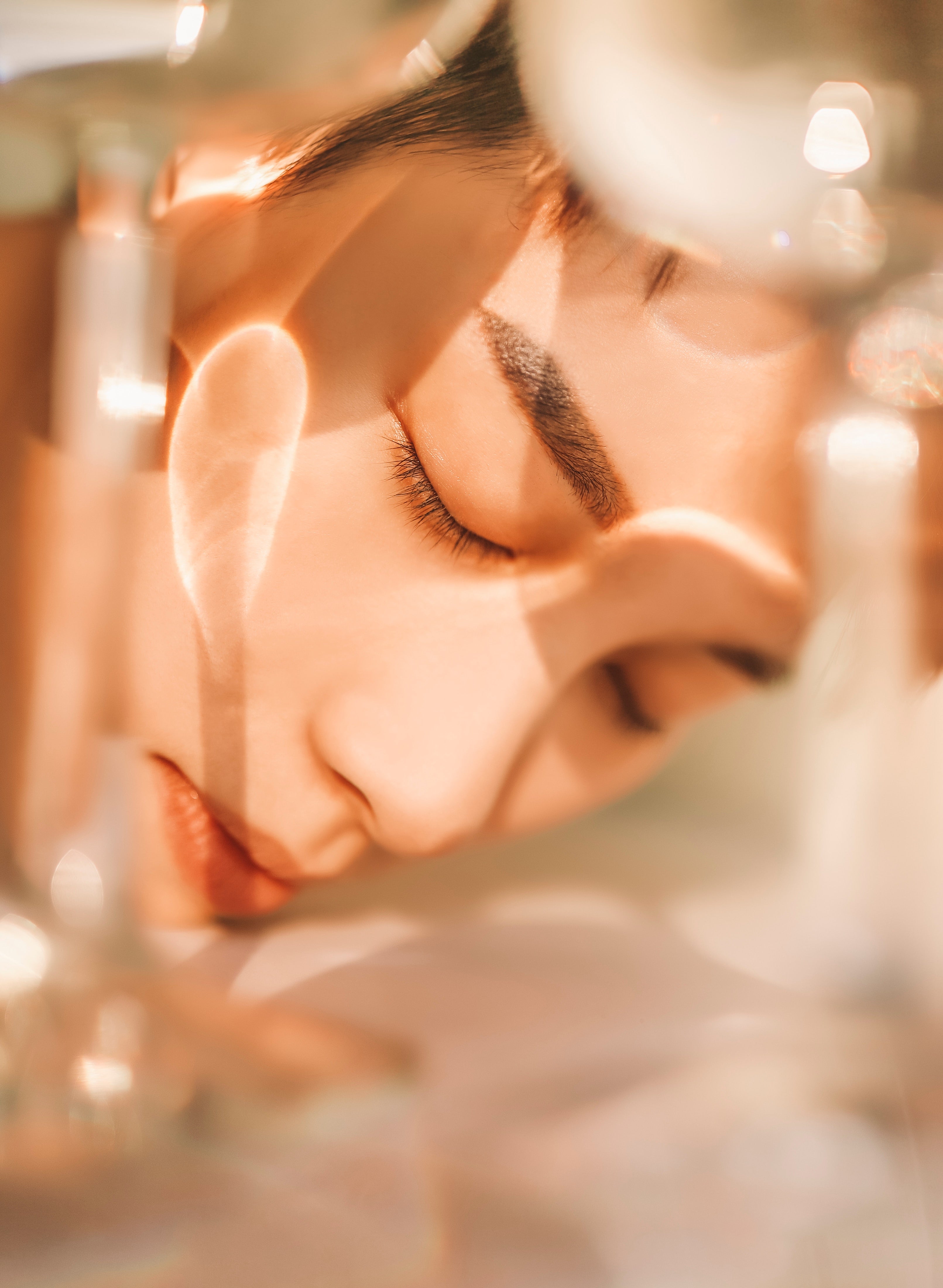
Reasons Why You're Breaking Out: Understanding Acne Causes
Acne is a complex skin condition that is influenced by a variety of factors beyond skincare. As much as we would like to maintain a clear, blemish-free complexion, breakouts are an inevitable part of life. However, when breakouts occur frequently or unexpectedly, it can be frustrating and difficult to understand why. In this blog post, we will explore some of the most common reasons why you may be breaking out and what you can do to prevent future breakouts.

Hormones
Hormones play a significant role in the development of acne. When hormones fluctuate, particularly during puberty or menstrual cycles, the skin produces more oil. This excess oil can clog pores and lead to breakouts. Hormonal acne is typically characterized by deep, painful cysts that form around the chin and jawline.
What to do: While hormonal fluctuations are natural and unavoidable, there are steps you can take to manage the effects they have on your skin. Regular cleansing and exfoliation can help to prevent oil buildup and unclog pores. Additionally, topical treatments containing salicylic acid or benzoyl peroxide can help to clear existing breakouts. Here at Smood, our approach to skincare is to listen to your skin's mood, so while we do appreciate and love benzoyl peroxide and salicylic acid, we believe that gentle, hydrating skincare and protecting your skin's barrier is essential to improve the overall skin inflammation and breakouts. Cleansing your skin (especially at night) to get rid of all your makeup and sunscreen is an absolute must before you go to bed. Our Calm Me Down Antioxidant Cleanser effectively cleanses, produces a rich lather and removes everything without leaving your skin feeling dry and stripped. It also contains gentle BHA to unclog pores, effectively reducing breakouts.
Diet
The foods we eat can have a significant impact on our skin health. High glycemic index foods, such as sugar and refined carbohydrates, can cause a spike in insulin levels. This, in turn, triggers the production of androgens, which can stimulate the sebaceous glands to produce more oil.
What to do: To minimize the effects of diet on your skin, focus on incorporating more whole foods, such as fruits, vegetables, and lean protein, into your diet. Additionally, avoid foods that are high in sugar and refined carbohydrates. Drinking plenty of water can also help to flush toxins from the body and keep skin hydrated. Diet is extremely variable from person to person and there is no easy way of determining which foods directly trigger breakouts, but besides sugar, common trigger foods also include dairy and gluten.
Stress
Stress is a common trigger for breakouts. When we experience stress, our bodies release hormones such as cortisol and adrenaline. These hormones can cause inflammation and trigger the production of oil, leading to breakouts.
What to do: To minimize the effects of stress on your skin, it is important to practice self-care and stress management techniques. This may include meditation, exercise, or simply taking time to relax and unwind. Additionally, regular exercise can help to reduce stress levels and improve overall skin health. It's obviously easier said than done, but the more you stress about your skin and acne, the more you're going to get stressed - it's a vicious cycle!

Skincare Products
While skincare products are intended to improve skin health, they can also cause breakouts if not used correctly. Products that are too heavy or oily can clog pores and lead to breakouts, while products that are too harsh can irritate the skin and cause inflammation.
What to do: To prevent breakouts caused by skincare products, it is important to choose products that are appropriate for your skin type. For example, if you have oily skin, choose lightweight, oil-free products. Additionally, avoid using too many products at once, as this can overload the skin and cause irritation. Our Problem Solver Gel-Cream moisturizer effectively hydrates, brightens overall skin tone, reduces acne breakouts without leaving the greasy, heavy feeling.

Genetics
Unfortunately, some people are simply more prone to breakouts than others due to their genetics. If your parents or siblings have a history of acne, you may be more likely to experience breakouts as well.
What to do: While genetics cannot be changed, there are still steps you can take to minimize the effects of acne. Regular cleansing and exfoliation can help to prevent oil buildup and unclog pores. Additionally, topical treatments containing salicylic acid or benzoyl peroxide can help to clear existing breakouts.
Ingredients to help with your acne
When it comes to treating acne, there are several effective ingredients that you can look for in your skincare products. Salicylic acid is a beta-hydroxy acid that works by exfoliating the skin and unclogging pores. It is particularly effective for treating blackheads and whiteheads. Benzoyl peroxide is an antibacterial ingredient that kills acne-causing bacteria and reduces inflammation. We recommend using a 2.5% concentration BPO treatment over a stronger 10% one, since it is relatively similar in terms of effectiveness but much gentler and less drying.
Retinoids, such as adapalene, are derived from vitamin A and work by increasing cell turnover and reducing inflammation. These ingredients can be found in a variety of over-the-counter skincare products, but it is important to start with a low concentration and gradually increase to avoid irritation. For more severe cases of acne, a dermatologist may prescribe stronger medications, such as antibiotics or oral retinoids.
It is important to note that these ingredients are often very harsh on your skin and should be introduced slowly and carefully into your skincare routine. Try using only one active ingredient at a time, and giving it a full month to decide whether or not it works for you. If you have highly sensitive skin, we recommend patch testing on a small area of your skin to see if the ingredient is suitable for your skin.

While skincare can be helpful in managing acne, it's important to recognize that it is not a one-size-fits-all solution. The severity and type of acne can vary greatly from person to person, and what works for one individual may not work for another. It's important to take a holistic approach to managing acne, which may include changes in diet and lifestyle, seeking medical advice from a dermatologist, and incorporating a consistent skincare routine. By understanding the multifactorial nature of acne and taking a personalized approach to treatment, individuals can effectively manage their acne and improve their overall skin health.




Leave a comment
This site is protected by hCaptcha and the hCaptcha Privacy Policy and Terms of Service apply.